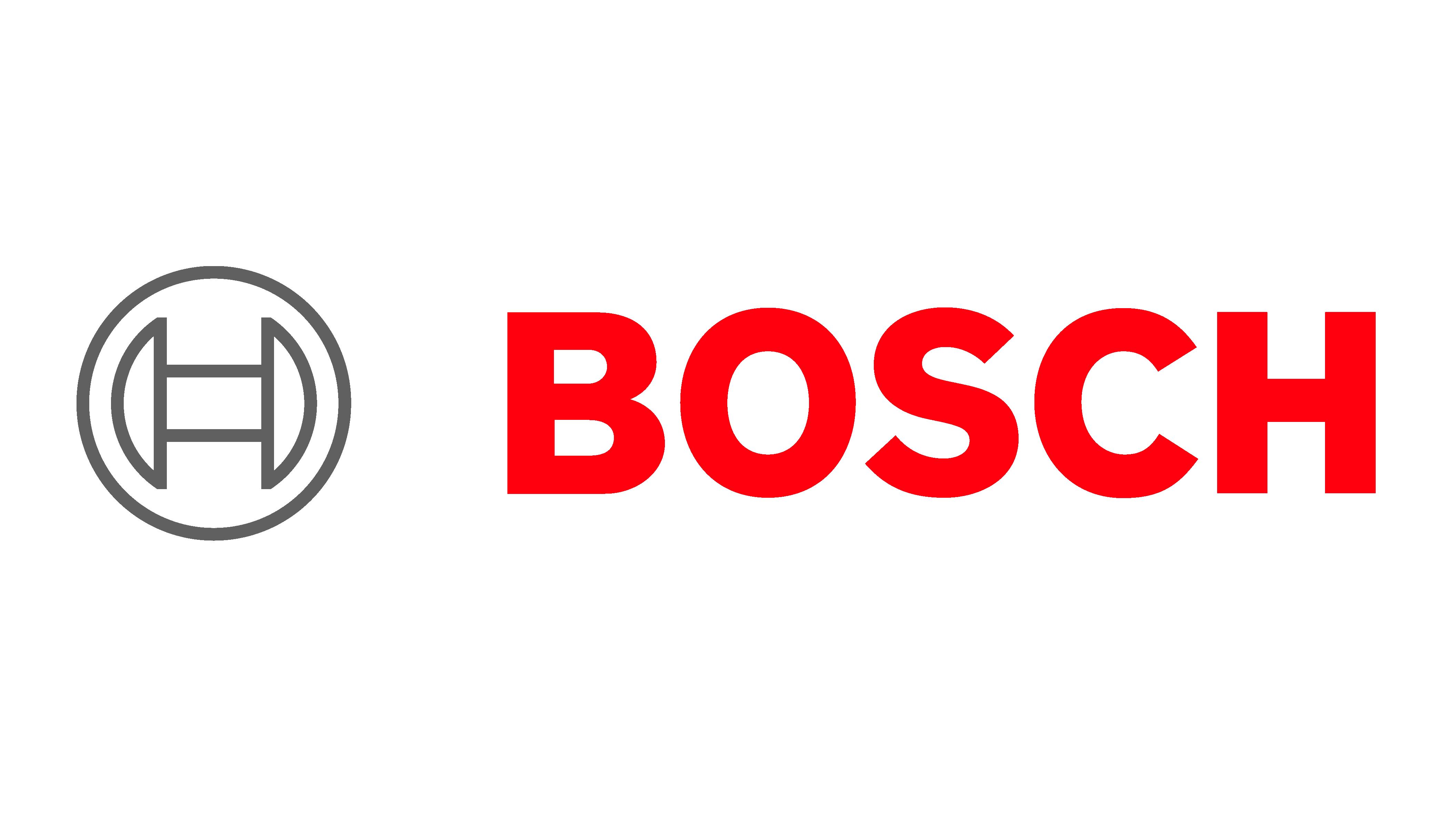
Funding type: Industry collaboration
Funding amount: 6.4M Euros, for basic research
Funding period: 01.12.2018 - 31.12.2022
This project focuses on foundational research on AutoML, including neural architecture search, hyperparameter optimization and learning to learn. Even though it is an industrial collaboration, I (Frank Hutter) devised the entire research plan alone, focused on foundational research and explicitly did not take into account which parts may be interesting for Bosch's business interests. The goal is simply to carry out world-class research in AutoML, publish at top venues, and open-source our research.
Simultaneously, I am also using the standard 20% external part-time engagement professors can have in Germany to help Bosch bring the fruits of our research to bear inside of Bosch as their Chief Expert AutoML. In this role, I am very appreciative of the strong application-driven research Bosch performs in order to build real, physical systems, "engineered for life", and their goal of building trustworthy AI.
One of the motivations for Bosch to fund our work is intellectual property (IP). Patents are very common in machine learning; e.g., here are Google’s patents on batch normalization and dropout. Since large US tech companies patent a lot, in order to prevail in the market, Bosch also needs to build up its own patent stack. The University of Freiburg is happy to support Bosch in this endeavor by transferring the IP generated in this project to Bosch because we believe that we also need to have some European companies (and thus values) on the table. Nevertheless, based on communication with Bosch, we strongly believe that Bosch will not use these patents proactively to sue other companies but only for means of self-defense when sued by others.
True collaborations between industry and academia on foundational research like this are rare, and I strongly appreciate Bosch and University of Freiburg for working together to make this happen. While top professors frequently leave academia altogether these days to work in industry, this collaboration, modelled after the one between Bosch and Zico Kolter's lab, goes to show that other modes of collaboration are also viable and of mutual benefit. Thanks to all the partners involved!
Freiburg, June 28 2019
